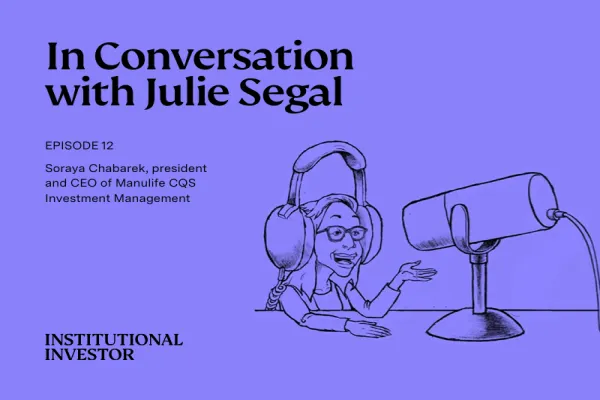Investors are waking up to markets that were bolstered last week by European Central Bank rhetoric and policy action by the People’s Bank of China. Yields for ten-year Spanish sovereign bonds fell below two percent for the first time today as yields also contracted for fellow troubled euro zone credits France and Italy. A key question facing market participants is how long these compressed long-term yields for the debt of moribund economies are sustainable. It would seem that bond buyers are simply assuming that central bank intervention can carry on indefinitely. In a note sent to clients yesterday, Robert Savage, CEO of New York–based hedge fund firm CCTrack Solutions, made the argument that present global confidence is dependent on increasingly adept timing by policymakers. “The ability for markets to continue to rally up in risk assets requires that central bankers remain ahead of bad news,” he wrote. “The reactive function to data isn’t going to work the same post the Federal Open Market Committee ending quantitative easing and after the Bank of Japan jumped ahead of a recession with its further efforts to double its balance sheet.” In other words, with market prices set by confidence in monetary policy rather than the underlying fundamentals, timing is everything.
Iran to plead the case for cutbacks. Iranian state-controlled media agency Mehr today reported that Oil minister Bijan Namdar Zanganeh will propose production cuts of as much as 1 million barrels per day to his counterpart in Saudi Arabia at this Thursday’s Organization of Petroleum Exporting Countries (OPEC) meeting in Vienna. The decision by Saudi Arabia to maintain high production levels despite the drop-off in prices has also raised concerns among non-OPEC exporters, notably Russia, whose foreign ministry hosted Saudi officials last week to discuss energy markets.
Confidence picks up in Germany. Ifo business sentiment index levels announced today provided a positive surprise. The business climate index for November reached 104.7, the first expansion in seven months. The current conditions benchmark also rose for the month, suggesting that ECB rhetoric is offsetting concerns over the impact of sanctions on Russian export demand.
U.S. data on deck. Today is relatively light for economic data releases in the U.S. with Dallas Federal Reserve Manufacturing survey results scheduled for release as well as Markit services purchasing managers’ index flash readings for November, which are forecast to show marginal improvement. The Treasury Department will auction three-month and six-month bills and two-year notes later in the day.
U.S. retail sector gears up for Black Friday. A major narrative for U.S. consumer equities this week will be the so-called Black Friday post-Thanksgiving sales events. National Retail Federation forecasts call for a 4.1 percent increase over total sales in the period last year with total discounts from sticker prices averaging nearly 40 percent.
Portfolio Perspective: The ECB’s Tactical Strategy — Adam Grimes, Waverly Advisors
ECB president Mario Draghi made comments Friday that were interpreted to mean that the bank is on the cusp of a bond buying program and at the very least, the bank is prepared to take steps to address slowing growth and potential disinflation. Markets reacted strongly to the news at the U.S. open. But enthusiasm waned through the day as most indexes sold off to the close, leaving potentially bearish one-day bars.
From a purely tactical perspective, there are a few points to consider. First, the character of the market in recent months has been that short-term momentum is fleeting, at best. Time and time again, we have seen large-scale patterns grind toward resolution without clear, confirming, short-term momentum. This has been a challenge for short-term traders and for many trading methodologies that stubbornly cling to expectations that markets must resolve in certain ways. We were aware of this slight shift in markets, and had already broadened our time scale over the past several months to compensate.
Going forward, this suggests that we should not focus too heavily on short-term structures. For chart readers, look at only the clearest patterns, and those that are apparent at first glance. For short-term traders, we suggest considering widening your time frame a bit, as short-term cross-currents and noise have made trade entry and management very complicated on shorter time frames. These are not permanent shifts, as the current noise level is well within the normal range of market activity, however it is an important element to factor into your analysis.
Adam Grimes is the managing partner and CIO of Pittsford, New York–based research and asset management firm Waverly Advisors.






